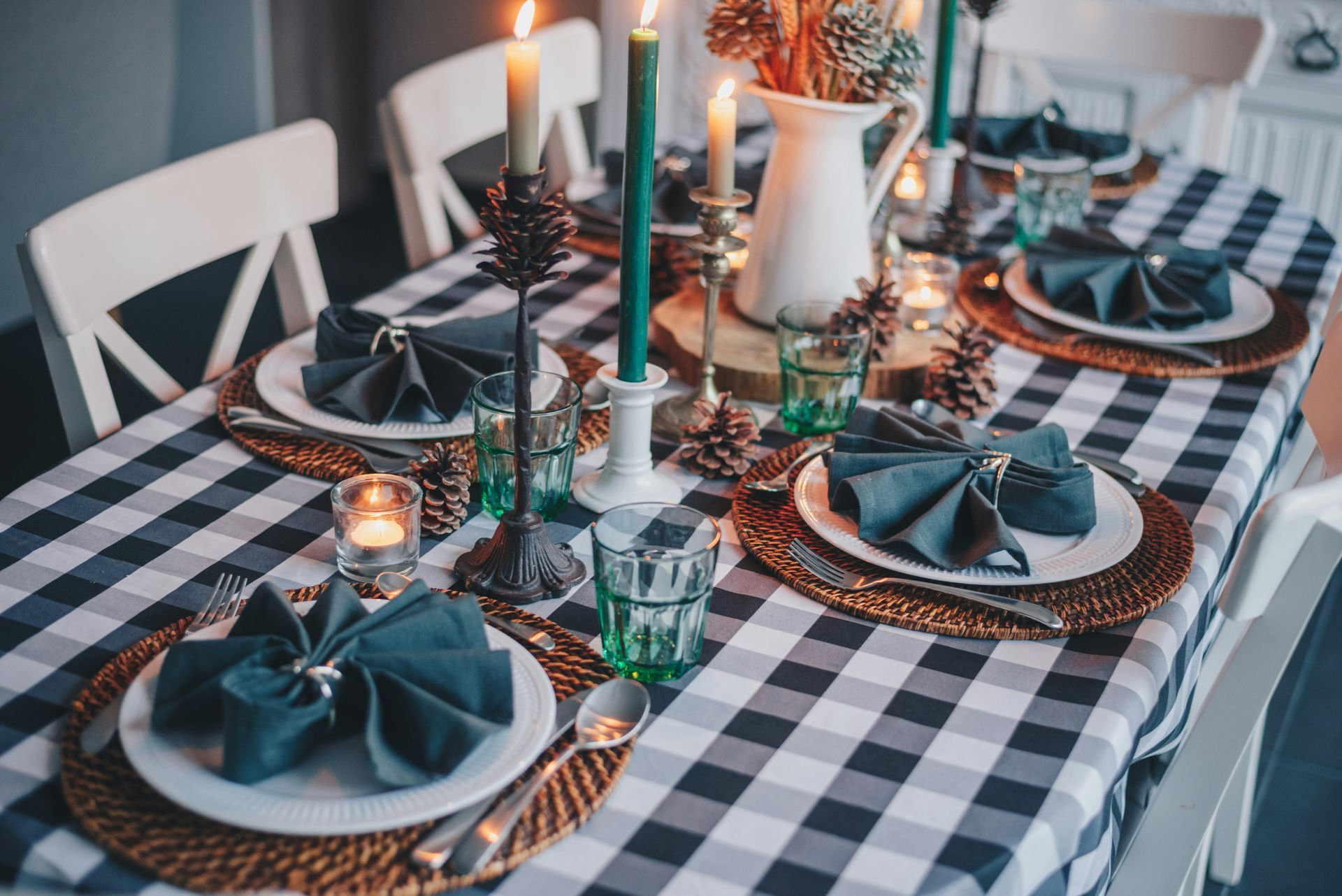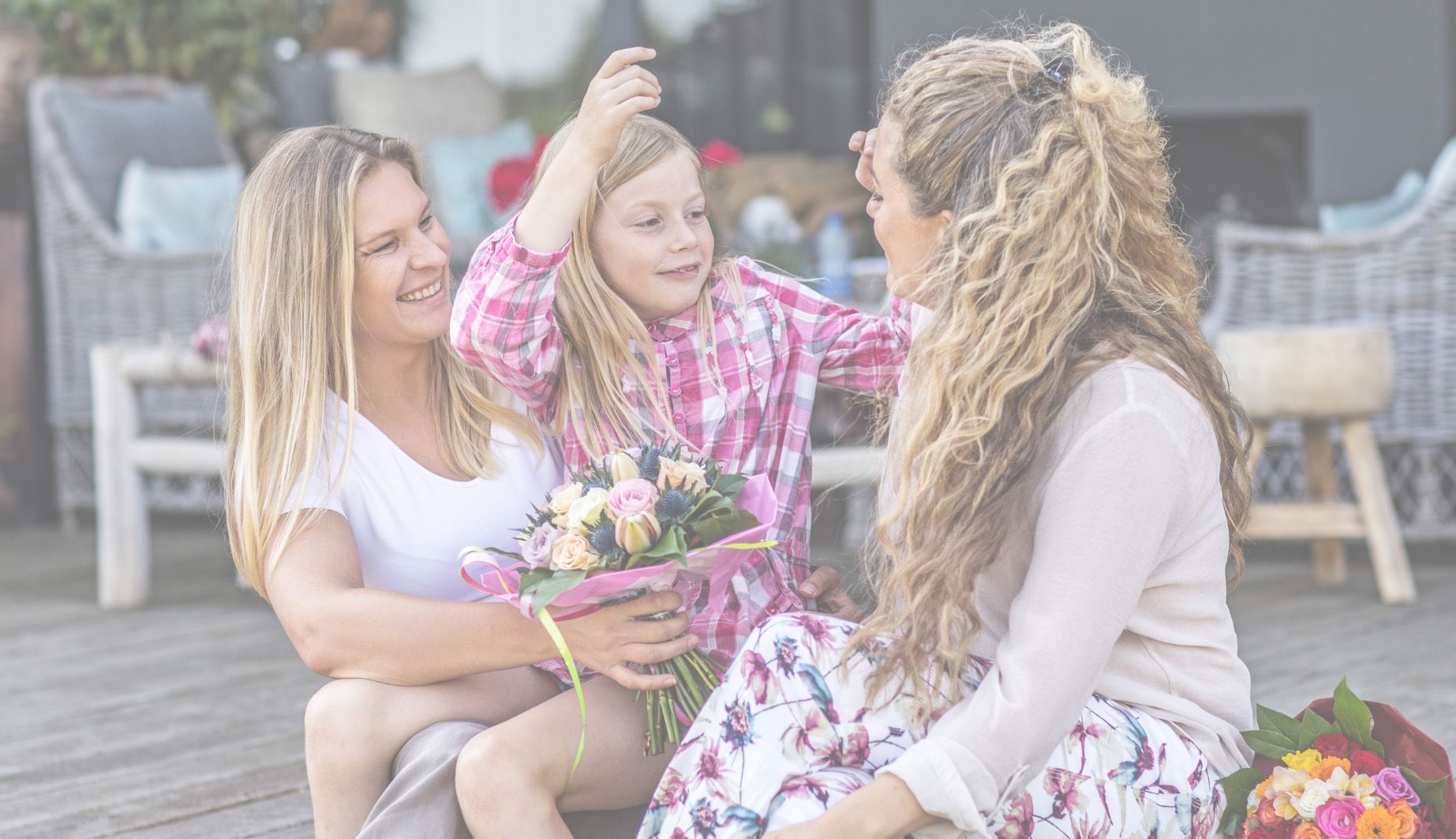Choosing Guardians for Your Kids: Important Factors to Consider
A guide to help you confidently plan your child’s future.
Look, let's be honest: this is the parenting conversation everyone avoids. It's right up there with "the talk" and explaining why the dog went to "live on a farm," except this one actually matters for your kids' future.
Choosing guardians means imagining the unimaginable. It's dark, uncomfortable, and the kind of thing you'd rather scroll past to look at literally anything else. But here's the deal: if you don't make this decision, a judge who's never met your family will make it for you. And trust me, Family Court at 9 AM on a Tuesday isn't where you want your kids' future decided.
So let's talk about choosing guardians. Not the sanitized, checklist version; the real, messy, "how do I actually make this impossible decision" version.
Why This Matters More Than You Think
Here's what happens if you don't designate a guardian: The state steps in. Family members you might not even like could petition for custody. Your kids could end up in a tug-of-war between relatives who "mean well" but disagree on everything from bedtime to religion.
Worst case? Your children land with someone who thinks your parenting style was "too soft" and decides to "fix" that.
By choosing a guardian now, you're giving your kids stability, continuity, and someone who actually gets what matters to your family. It's the ultimate act of parental control when you can't be there to parent.
The Non-Negotiables: What Actually Matters
1. Shared Values (AKA: Will They Raise Mini-Yous or Mini-Them?)
This is the hill I'll die on: your guardian must share your core values.
I'm not talking about whether they prefer Coke or Pepsi. I'm talking about the big stuff like religion, education philosophy, how they handle discipline, what they think success looks like. Your kid has been raised in your value system. Suddenly, they're transplanted into a household where everything they've learned is called into question? That's trauma on top of trauma.
So, have the awkward conversation. Ask your potential guardian:
- How would you handle school choices?
- What role does religion play in your home?
- How do you discipline kids?
- What does a "good life" look like to you?
If you don't like their answers, keep looking.
2. Financial Stability (Because Love Doesn't Pay for Braces)
Real talk: Kids are expensive. Like, "how is it possible a tiny human costs this much" expensive.
Your guardian doesn't need to be wealthy, but they do need to be financially stable. Even if you set up trusts and life insurance (which you should), day-to-day expenses like soccer fees, school supplies, the inevitable phone they'll beg for, they all add up fast.
Someone already drowning in debt or financial chaos will struggle to absorb the cost of raising your kids, no matter how much they love them. And financial stress has a way of seeping into every corner of family life.
3. Location, Location, Location
Would your 14-year-old thrive if they were suddenly ripped away from their school, their friends, their soccer team, and dropped into a new state?
Maybe. But probably not.
Geography matters. If your potential guardian lives across the country, your child loses everything familiar right when they need stability most. If they have special needs, therapy, or medical care locally, moving could disrupt critical support systems.
That said, sometimes the best guardian is far away, and proximity isn't everything. Just weigh what your kid would lose against what they'd gain.
4. Family Dynamics (Because Your Kid Is Joining a Whole Circus)
You're not just choosing a person, you're choosing their potential entire household.
Does your potential guardian have kids? How would your child fit into that sibling dynamic? Is there a spouse or partner in the picture, and what's that relationship like? What about the extended family? Who's always around?
If your kid already doesn't get along with their cousin, guess what? Now they're roommates.
Also critical: if you have multiple kids, do you want them to stay together? Most parents say yes, but not every guardian can handle multiple children. Have that conversation early.
5. Willingness (Because Assuming Makes Everyone Miserable)
Here's a plot twist: some parents pick guardians without ever actually asking them.
Don't be that person.
Raising kids full-time is a massive commitment, emotionally, financially, physically. Your potential guardian might love your kids but not be ready (or able) to take on full-time parenting. Maybe they're already overwhelmed with their own family. Maybe they travel constantly for work. Maybe they're going through a divorce.
Have the conversation and be direct:
- "Would you be willing to raise my kids if something happened to me?"
- "What concerns do you have?"
- "How would this affect your life?"
If they hesitate, listen to that hesitation.
6. Age and Health (The Uncomfortable Math)
Grandparents are often the first choice, and sometimes they're perfect. But run the numbers.
If your parents are 65 now and your kid is 5, they'll be 78 when your child graduates high school. Can they keep up with a teenager? What if their health declines? Be realistic about longevity and energy levels. Sometimes a younger sibling or close friend is the better bet for the long haul.
7. Make It Legal (Or Watch It All Fall Apart)
Once you've chosen your guardian, put it in writing (preferably in your estate plan!).
Without legal documentation, your heartfelt wishes hold little value. A court won't honor "Well, Mom always said she wanted Aunt Sarah to take the kids." They'll review a petition for custody and make a judgment call.
Don't let your family's future rest on a judge's best guess.
8. Revisit This Decision (Because Life Doesn't Stand Still)
Your perfect guardian choice today might not be perfect in five years. People move. Relationships change. Life happens.
Review your guardianship plan every few years—or whenever something major shifts (divorce, death, relocation, career changes). Keep the conversation open. Make updates as needed.
Quick Wins: Guardianship Tips That'll Save You Headaches
- Talk to your kids (if they're old enough): Their comfort with the guardian matters.
- Name backup guardians: Your first choice might not be available when needed.
- Keep your guardian in the loop: Share your parenting style, routines, your kids' quirks.
- Consider cultural/religious factors: Identity matters, especially during upheaval.
- Take your time: This decision deserves more thought than your last Netflix binge.
The Bottom Line
Choosing a guardian stinks. It forces you to confront your mortality and imagine your kids navigating life without you. It's heavy, emotional, and there's no perfect answer. But here's what I know after years of doing this work: parents who plan ahead give their kids the greatest gift—continuity, stability, and love, even in the worst-case scenario.
You can't control everything. But you can control this.
If you need help drafting a guardianship plan that actually fits your family (not some cookie-cutter template), let's talk. At Misteli Law, we handle these conversations with the gravity they deserve—and maybe a little humor to get through it.
Because planning ahead isn't pessimism. It's protection.
Ready to stop putting this off? Let's make sure your kids are covered, no matter what.










